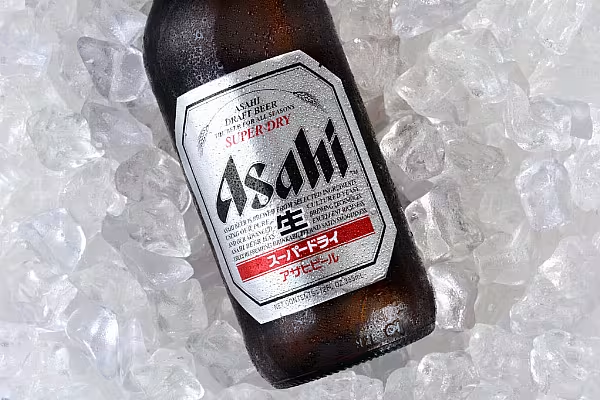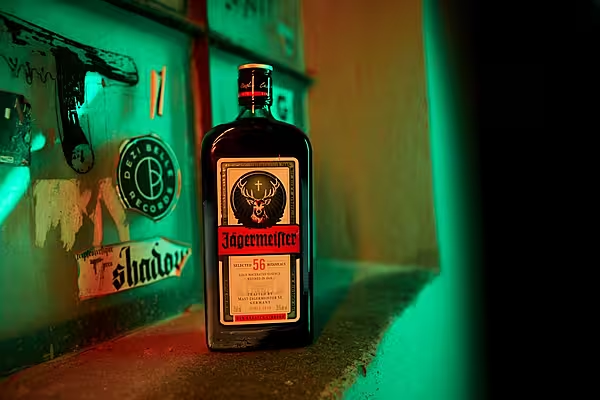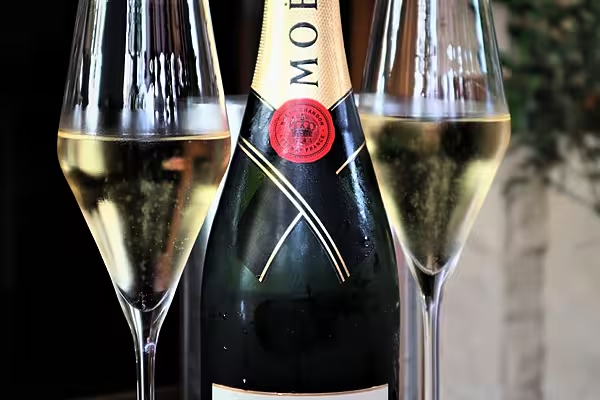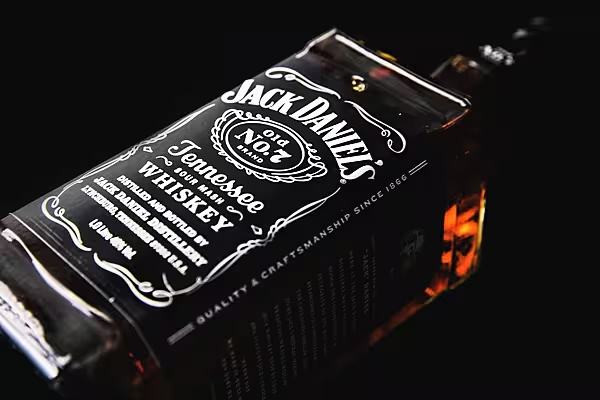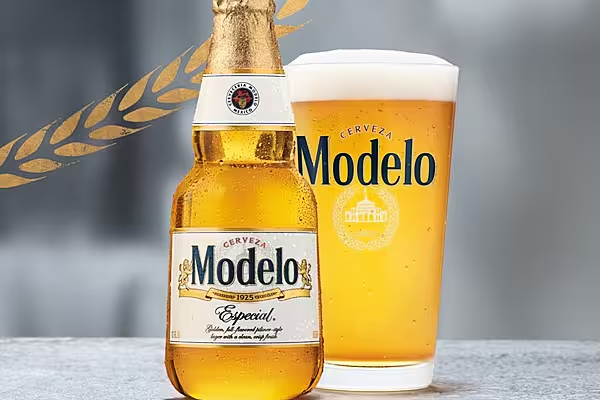Asahi Group Holdings Ltd has agreed to buy SABMiller Plc’s Eastern European assets, including Pilsner Urquell, from Anheuser-Busch InBev NV for €7.3 billion ($7.8 billion), as the Budweiser-maker ties up loose ends after combining the world’s two biggest brewers.
Asahi expects the acquisition to close in the first half of 2017, and it is positioning its overseas business as a growth engine to establish itself as a global player, the Tokyo-based brewer said recently.
The deal further strengthens Asahi’s foothold in Europe, after Japan’s largest brewer agreed to pay €2.55 billion ($2.7 billion) for AB InBev’s Peroni and Grolsch brands earlier this year. For AB InBev, the divestment brings it a step closer to meeting the antitrust commitments that allowed it to buy SABMiller for about $100 billion.
“We had estimated a value between $5 billion and $6 billion, so the price paid by Asahi looks pretty full and great for AB InBev,” Trevor Stirling, of Sanford C. Bernstein, said by phone. The analyst estimates that the market share by beer volume that Asahi will now have in Europe, excluding Russia, is about 9%.
Asahi shares recently fell 4.6% by the close of Tokyo trading – the biggest drop since June. The purchase will be the largest by a Japanese brewer since Kirin Holdings Co.’s A$4.8 billion ($3.6 billion) acquisition of Australia’s Lion Nathan Pty in 2009, according to data compiled by Bloomberg.
The deal values the SABMiller assets at about 15 times Ebitda for the year ended March 2016 – a higher multiple than analysts had expected.
A completed sale will bring some much-needed cheer for AB InBev investors, who have seen the stock slide 15% this year. In October, the brewer missed profit estimates for the sixth straight quarter, illustrating why it needed to acquire SABMiller.
Japan Stagnating
The $21 billion Japanese beer market is stagnating, with little growth projected through 2019, according to data-tracker Euromonitor. Over the same period, the global market for suds should expand by 8.2%.
Asahi and other Japanese brewers have been chasing overseas acquisitions to reduce their dependence on a domestic market hampered by a shrinking population. Buying the additional SABMiller brands will also help Asahi attract younger Japanese drinkers with established premium beers, said Haitong International securities analyst Nicolas Wang.
“There was also probably a lot of competition for the assets, which pushed up the price,” said Wang, in an interview. “It’s possible the company views this as a strategic investment worth paying a premium for. After all, asset quality under SABMiller is very good.”
News by Bloomberg, edited by ESM. To subscribe to ESM: The European Supermarket Magazine, click here.
